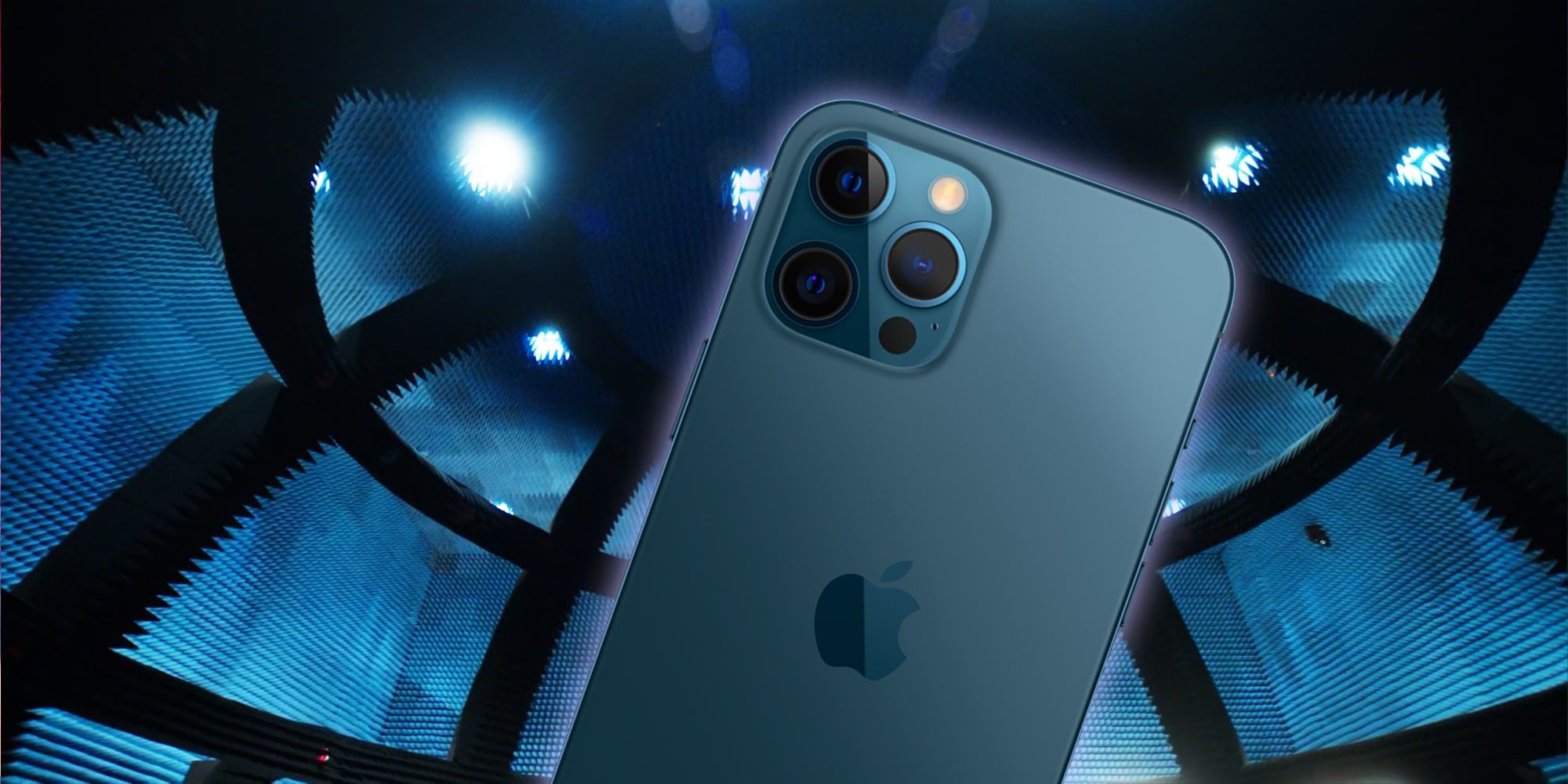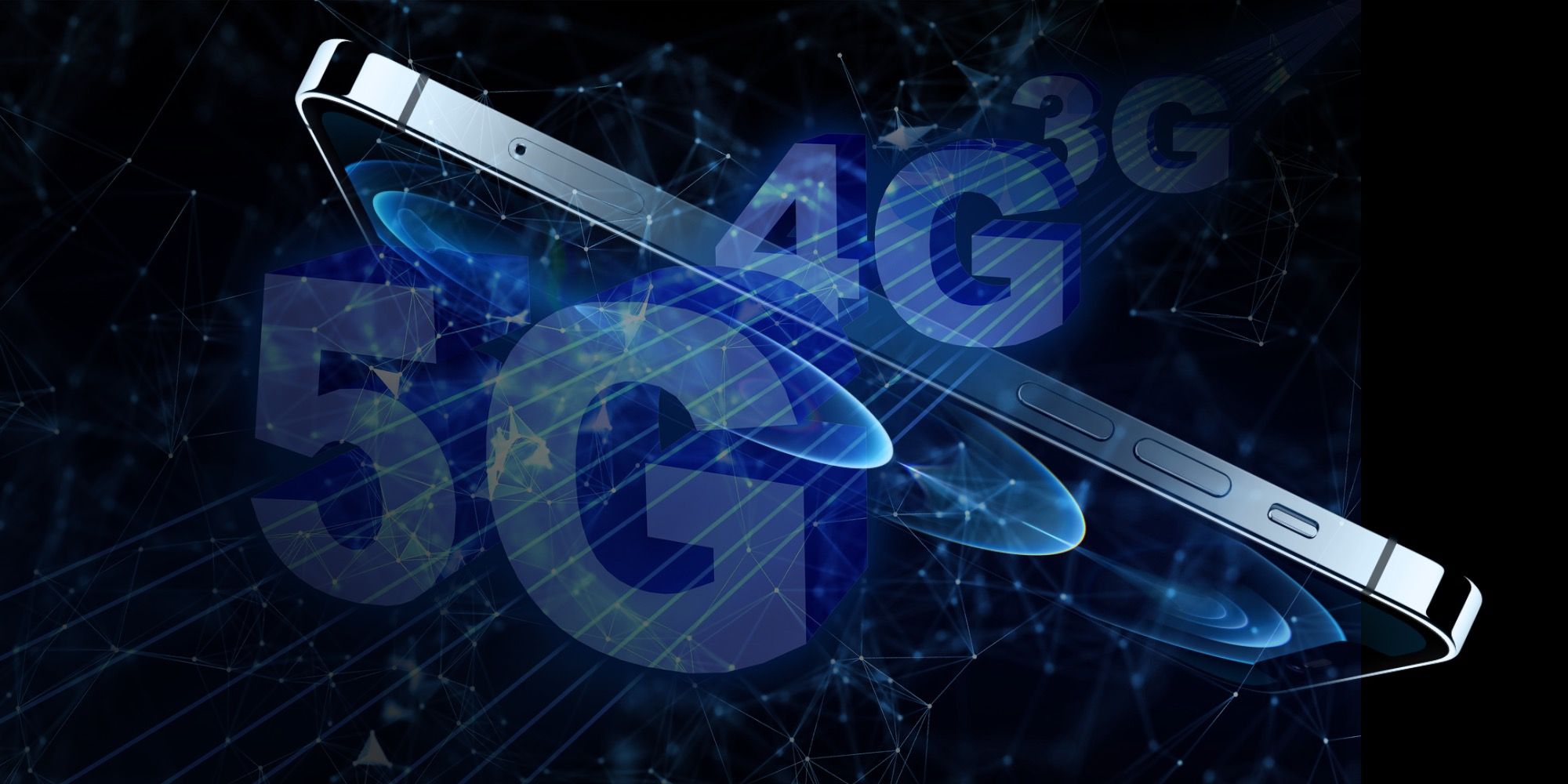
Apple is said to be making its own 5G modem in order to replace the Qualcomm technology that handles cellular communications in an iPhone. Apple recently started replacing Intel processors with its own chips in its Mac computer line, so this move isn’t unprecedented. Also, Apple doesn’t like to be reliant on other companies for such a critical part of the iPhone. The company frequently sources parts from more than one manufacturing partner to ensure timely delivery and quality.
The iPhone 12 announcement in September of 2020 included a lengthy statement from Verizon describing how its 5G Ultra wideband worked with the iPhone 12 to deliver the fastest 5G speeds possible. Apple detailed its work with isolated anechoic chambers that eliminate outside radio noise. This facilitates tuning antennas, radio components and software to make sure more 5G bands were enabled with the iPhone 12 than with any other smartphone. Apple included both the super fast mmWave 5G and the more widespread Sub-6-gigahertz varieties in all four models of the iPhone 12. What wasn’t highlighted at Apple’s ‘Hi, Speed’ event was that the 5G modem used in the iPhone 12 was made by Qualcomm. The X55 5G modem is quite capable and is used in many Android devices that launched earlier in the year.
Apple actually has its own modem design team. It acquired Intel’s modem division in 2019 for approximately $1 billion. It’s a safe bet that the first choice for a 5G modem was one to be made by Apple’s own team. Clearly, that didn’t happen in time for the 2020 release of the iPhone 12, but according to a report from Bloomberg, the work on an Apple-designed modem is in progress. Apple’s senior vice president of hardware technologies, Johny Srouji, was said to have shared the company’s plans in a town hall meeting with Apple employees. That said, Apple has a licensing agreement with Qualcomm that lasts for six years. Bloomberg notes that Qualcomm licenses require fees to be paid whether the technology is used or not. Therefore, the question is whether Apple can design a modem that provides enough of an advantage that it would make sense to use its own, even though it still has to pay Qualcomm.

When Qualcomm announced its Snapdragon 888 chip, the company boasted that the X60 5G modem offered capabilities no other modem could. That immediately placed the iPhone 12 behind Android phones that will come in early 2021. Clearly, the X60 will be better than the X55 and that is a discussion that Apple prefers not to get dragged into. Even if Apple has more winning components than the competition, the company tends to prefer to make the conversation about the end product. The customer is not buying a bag of electronic parts, but are buying a complete, refined product with all the pieces integrated. With Apple, it isn’t just about hardware or software, but the way they come together to provide an easier, powerful and reliable experience. When a teardown reveals a component is the same used in Android phones, it reduces the conversation to the parts and that isn’t always a winning battle.
If Apple makes its own modem, the comparison becomes about the end-user experience and that's where Apple wants to be. Controlling everything about the product including the radio, antenna, modem, operating system and even apps in many cases, means the entire system can be fine-tuned and adjusted to compensate for any weaknesses. It is very hard to beat that synergy. Apple managed to make the iPhone 12 5G unique despite the limitation of working with a third-party component. The iPhone 12 intelligently switches between 5G and 4G-LTE depending on what the user is doing at the moment. For example, in a challenging online multiplayer game or downloading a movie then 5G may be chosen as it's the smarter choice. For casual browsing, LTE suffices and saves battery life at the same time.
With lower-level control, Apple will optimize further, making this another point of distinction between its offerings and competitors. However, Apple will likely hold that technology until it has some advantage to demonstrate. Whether we will see Apple’s 5G modem in 2021 remains unknown, but it is (probably) definitely coming in the next few years.
Source: Bloomberg
No comments:
Post a Comment